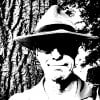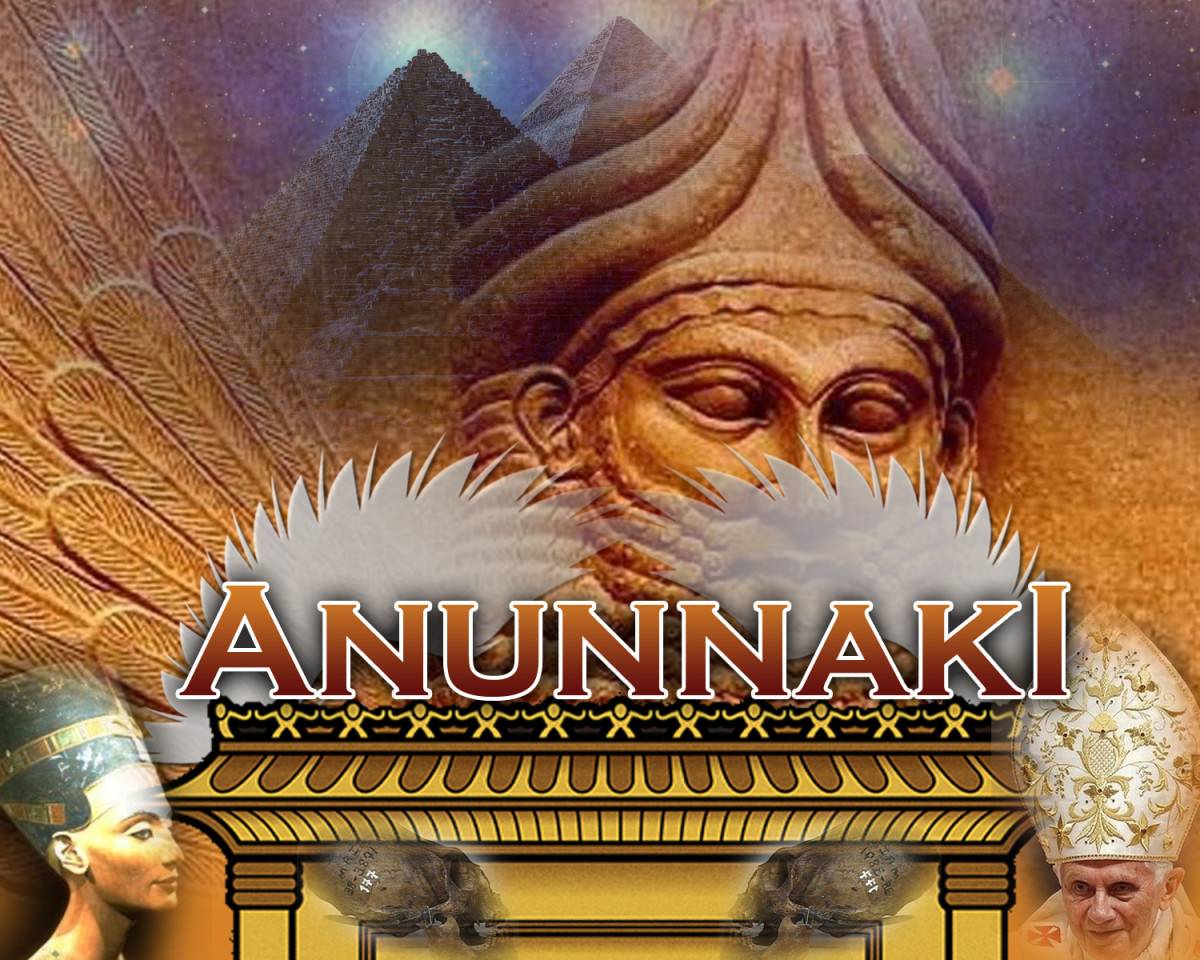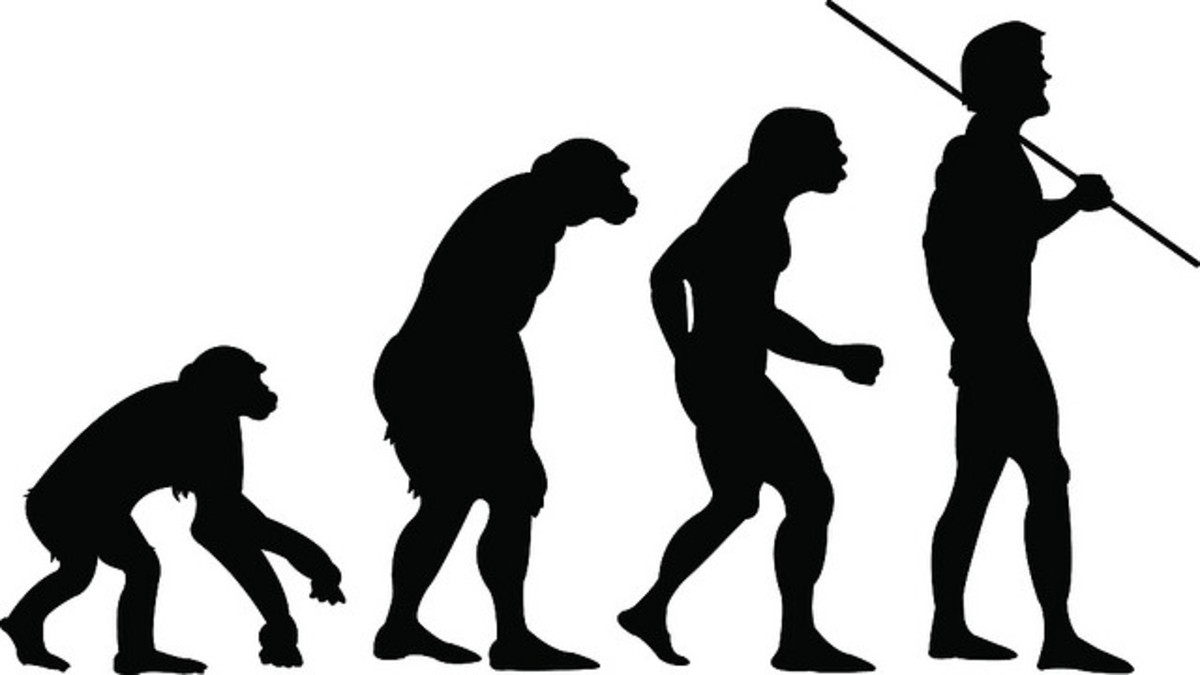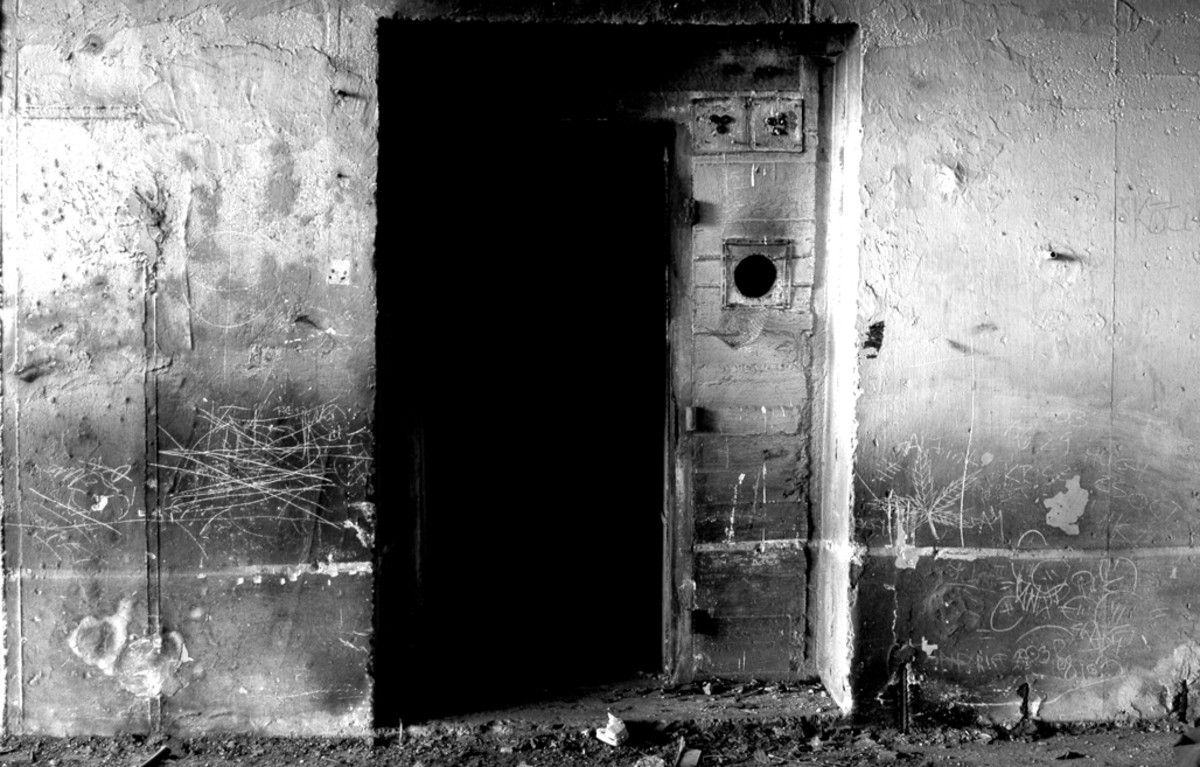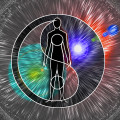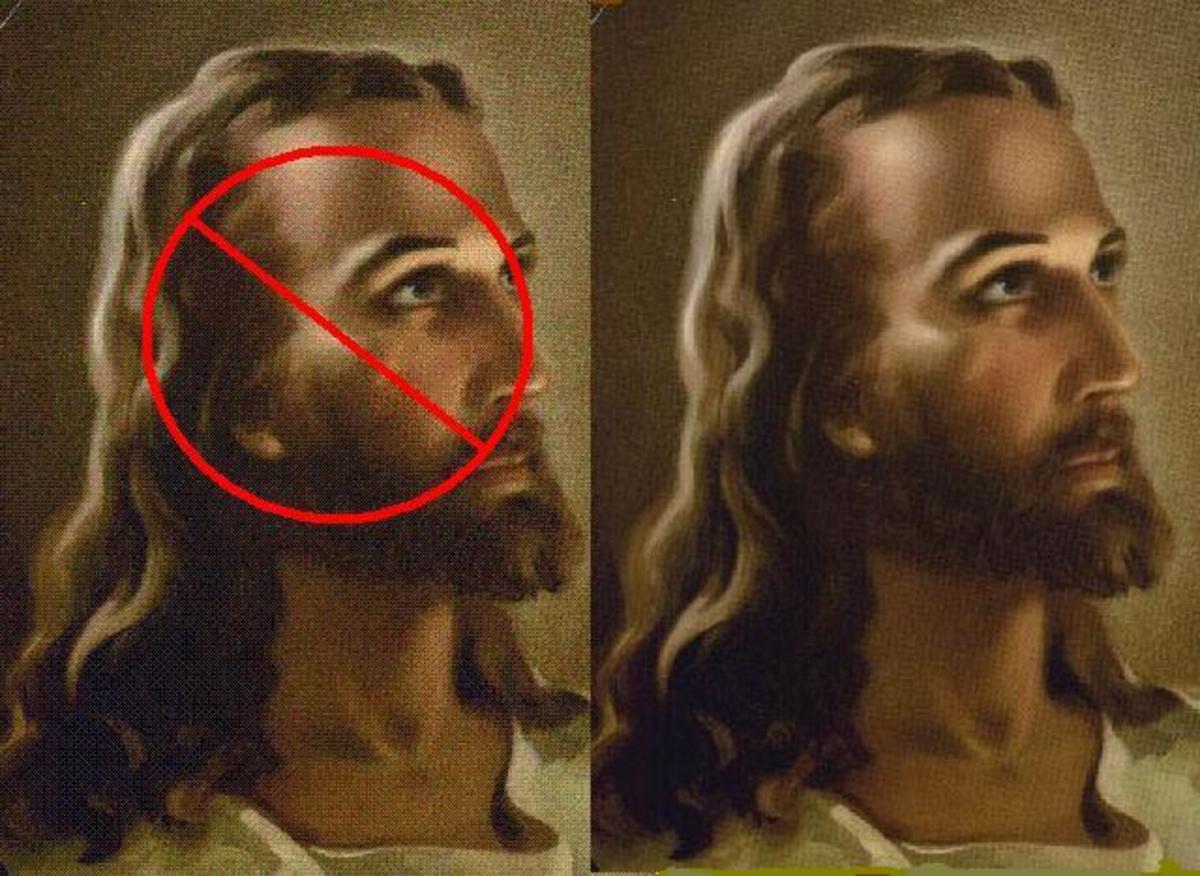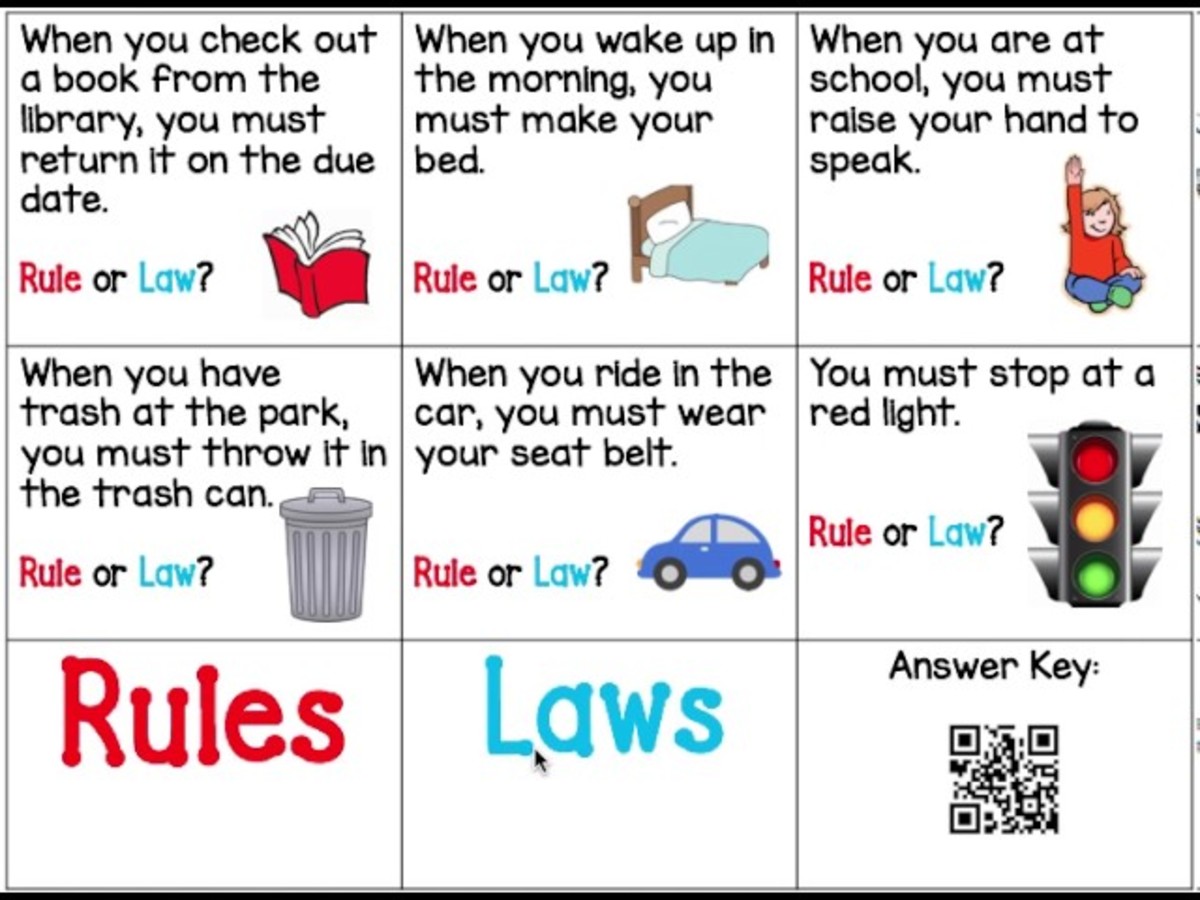Humans as Plague
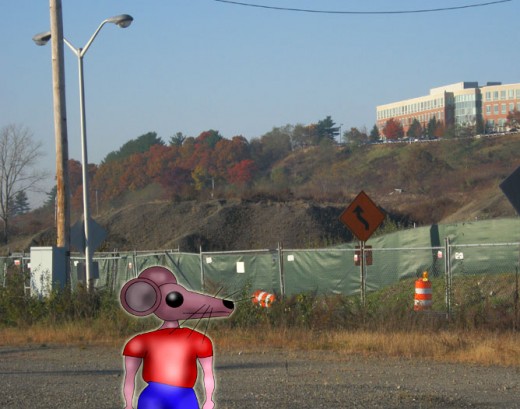
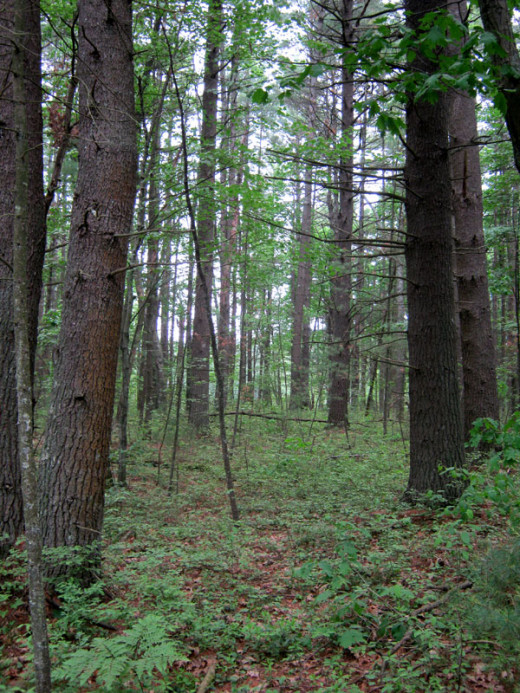
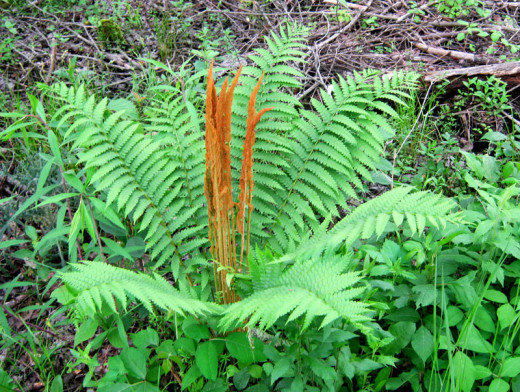
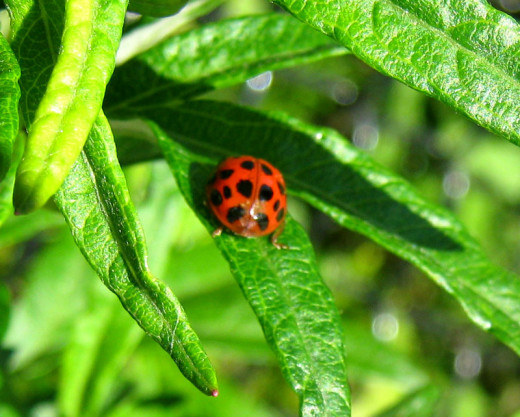
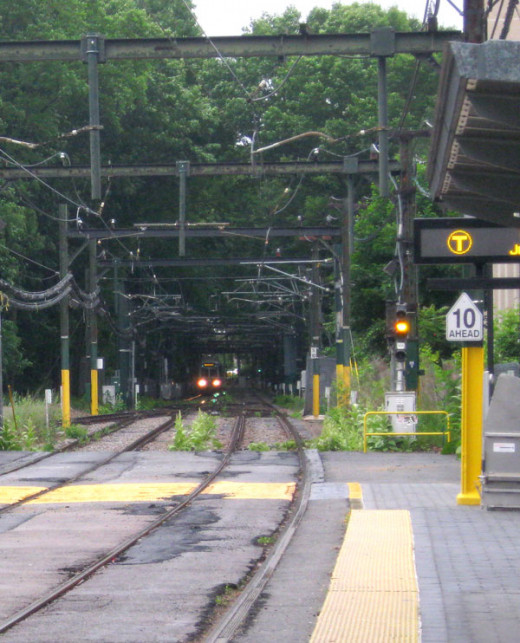
Some people say that humanity is like a plague or infestation. The analogy is: rats are to an overrun city as we are to the earth. Like rats, we move into an area, use up the resources, and then fight to the death over what’s left; or, (quoting Mr. Smith in the movie, “The Matrix”) like a virus we infect our host until it dies, then move on.
It’s true that many people, particularly in my country, the United States, try to fill their emptiness with possessions, food, wealth or whatever, thus demonstrating the power of human emptiness. (“Nature abhors a vacuum.”) But that is not the same as a plague.
Some say that other humans we encounter on our journey are angels put in our path to deliver a message or meaning. Whenever someone gets their coupon book out in the checkout line or smokes a cigarette where you cannot escape from it, they are an angel. Well, maybe.
As I was reading the poetry collection, “A Book of Luminous Things, An International Anthology of Poetry” (edited by Czeslaw Milosz, Harcourt Books, 1998), I noticed that some of the poems in the “Nature” section of the book characterize humans as alien to their world: killing for no reason, interrupting the placid existence of other creatures, and of course damaging the environment. Robinson Jeffers, for example, in his poem, “Carmel Point,” decries the development of his neighborhood on the California coast as a defacement of pristine natural beauty, and describes humanity as a tide that will ebb as it has flowed, leaving the beauty to emerge again. That is to say that humans will die off so that nature can thrive unhindered again.
I love nature. I am fascinated by the diverse creatures I encounter practically everywhere and the life-affirming tenacity of plants, and I love the beauty of natural landscapes. Whether it is a lush forest, a mucky wetland, a still pond or a stormy sea, when I am immersed in the natural environment I am brought to a place of peace and joy.
I love people. The infinite variation and remarkable similarities are intensely interesting, and the kinship I feel with fellow humans affirms my love of life. I find that most people have innate beauty and surprising insight. I find also that when I find something about another person repellent, it echoes something I am ashamed of in myself. I learn from people, and I am moved by people.
I think that the separation of humans from nature is an illusion. We are always finding that we have more in common with animals than we thought. We cannot exist apart from our environment. Like all other animals we breathe oxygen, drink water and eat food. We are born, we reproduce, we age and we die.
Yet the difference between human and animal is in the words, “I think.” The wise say that what we focus on, we become. This is not true of animals. They focus on food, reproduction and shelter, and they do not become these things. Well, sometimes they become food, I guess. Nevertheless it is said, if we focus upon the mountain, we become the mountain. Animals do not do this.
Our thinking has led us to seek out ways to ease our existence by drawing energy from the earth. Some people say we are drawing too much energy from the earth and that we will exhaust our supply someday. Our thinking has led us to extend the time we exist on this earth, and to increase the survival rate of our newborn children, and to guard ourselves from or cure ourselves of disease. Where nature would limit or end our time, we use our advanced brains to extend our time on Earth. Reasoning tells us we are placing an ever growing burden on the Earth with our numbers.
Rats and viruses do not think or imagine. They cannot chart trends and foresee problems. They can only react. We can think, and we must use our intellectual powers to foresee problems and find solutions. We are not an infection or infestation. We are a population that has the ability through collaboration and contemplation to avert future disaster.
A plague cannot do this. That is why humanity is not a plague.
We must use our ability to think to ensure that we do not damage the world by our thoughtlessness. “I think, therefore I am,” said Descartes. We must think so that we can continue to be.
